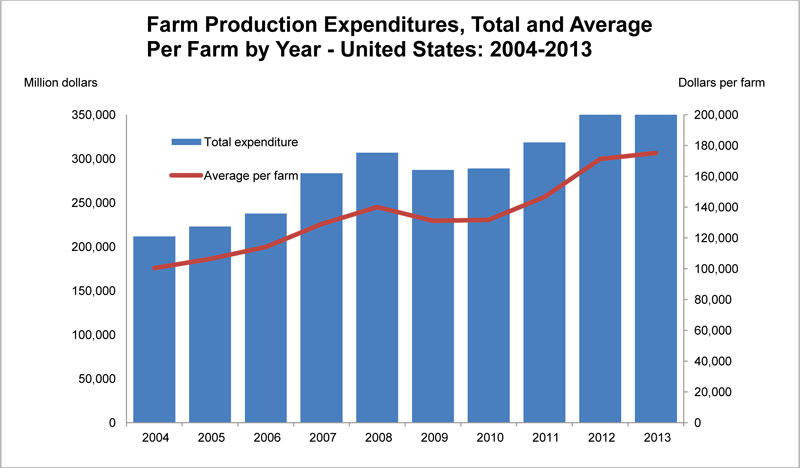The Oklahoma Department of Agriculture, Food and Forestry (ODAFF) cautions livestock owners to be aware of rabies symptoms. Unusually aggressive behavior in cattle or other herd animals may be a symptom of rabies infection.
State Veterinarian Rod Hall, D.V.M. said, “It seems as if we’re seeing more rabies cases in livestock this year. Veterinarians need to be aware of this issue and educate their clients about the risks of this disease.”
Rabies is a preventable viral disease of mammals often transmitted through the bite of a rabid animal. According to the Centers for Disease Control and Prevention (CDC), the vast majority of cases reported each year occur in wild animals like skunks, bats, coyotes, raccoons, and foxes. A dog or livestock animal can get the disease by being bitten or scratched by an infected wild animal.
Infected livestock may become aggressive toward humans and other animals and exhibit an unusual amount of drooling. Saliva around the mouth may appear thick and foamy. Infected animals may become hypersensitive and react violently to even slight sounds or movements.
Hall described a recent case involving a large goat herd where a doe began showing rabies symptoms. She was euthanized and tested positive for the disease. The owners recalled seeing a skunk near one of the doe’s newborn kids and believed the skunk killed the kid. Two weeks after the doe tested positive, one of the farm dogs became aggressive toward some of the goats, other dogs and the owner. Investigation determined that the guard dog’s rabies vaccination was not current and the dog was rabid.
The importance of properly vaccinating dogs and farm animals is a topic veterinarians must continually share with clients. Although vaccinating an entire herd may not be economical, Hall encourages livestock owners to at least vaccinate show animals or animals they will be near for extensive periods of time.
“When you’re talking to your clients about their dogs and cats, remember to talk to them about the licensed vaccines available for many of our livestock species,” Hall said.
For additional information about rabies and rabies vaccines for livestock, contact any of the staff veterinarians in the ODAFF Animal Industry Division at (405) 522-6141. For additional information about human exposure to rabies, go to the CDC website at www.cdc.gov/rabies.




